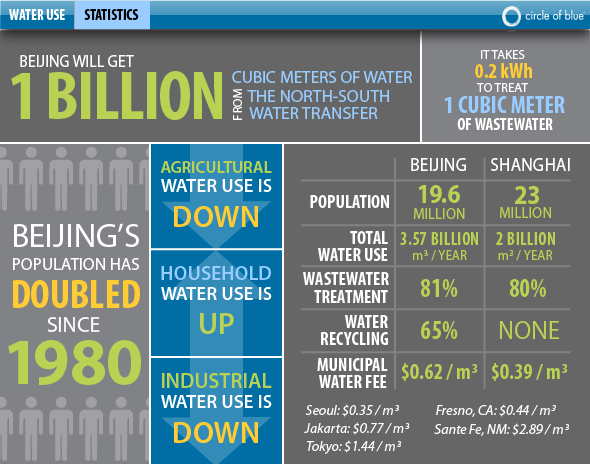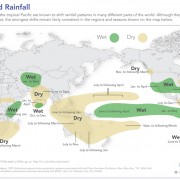Beijing Under Water
Having recently returned from China, reporter Nadya Ivanova just missed flooding in the nation’s capital that killed 37 people and shut down flights from the airport.
Devastating floods are not all that common in Beijing, yet torrential rains over the weekend killed at least 37 residents, destroyed houses, forced people out of their homes, canceled hundreds of flights, and stranded 80,000 people at the city’s main airport, causing direct economic losses of at least $US 1.5 billion. The storm was reportedly the heaviest in more than 60 years, and the deadly flooding unleashed a torrent of fierce criticism on microblogs and in the media about the frailty of Beijing’s drainage system. After all, how can an Olympic city’s infrastructure be so vulnerable, and why didn’t Beijing prepare for heavy rainfall amid early warnings about large-scale storms in the coming weeks?
With rescue and recovery efforts still under way (photos here), Beijingers are nervously frowning at the cloudy skies over the city that threaten to bring more rain this week. Meanwhile, Beijing’s mayor and a vice mayor have resigned, in what media say is likely a routine reshuffling, but which comes amid public questioning of the handling of this emergency by the authorities. On Tuesday, Agence France-Presse reported that the city’s authorities had ordered Chinese media to stick to positive news about the record floods. Government censors have also deleted microblog posts that criticize city officials for failing to do enough about the emergency.
The state response is hardly surprising, given that the disaster struck at a time of heightened political sensitivity ahead of a decennial handover of power that will see President Hu Jintao step down as head of China’s ruling Communist party and will introduce a new generation of leaders for the world’s second-largest economy.
And while the flash floods have overwhelmed both Beijing’s streets and public attention, there’s another, different kind of water crisis slowly unfolding beneath the city’s feet.
Beijing is, in fact, running out of water. Last year, I reported on the desperate measures that the Chinese capital is taking to avert an impending water crisis for its population of more than 19.6 million. Perennial drought, overuse, and pollution have left Beijing struggling to meet the growing water demands of its soaring economy, which is expanding by more than 11 percent a year on average. Its drying rivers and lakes, along with falling water tables, are enduring water deficits that force the city to suck millions of cubic meters (billions of gallons) in emergency transfers from neighboring provinces — which, in turn, depletes their water supplies — thereby draining agricultural and economic opportunities.
So as authorities and the public are asking questions about the city’s flooding disaster, it is important to also remember the other water crisis, as well.
Nadya Ivanova
Circle of Blue reporter
, a Bulgaria native, is a Chicago-based reporter for Circle of Blue. She co-writes The Stream, a daily digest of international water news trends.
Interests: Europe, China, Environmental Policy, International Security.








Leave a Reply
Want to join the discussion?Feel free to contribute!